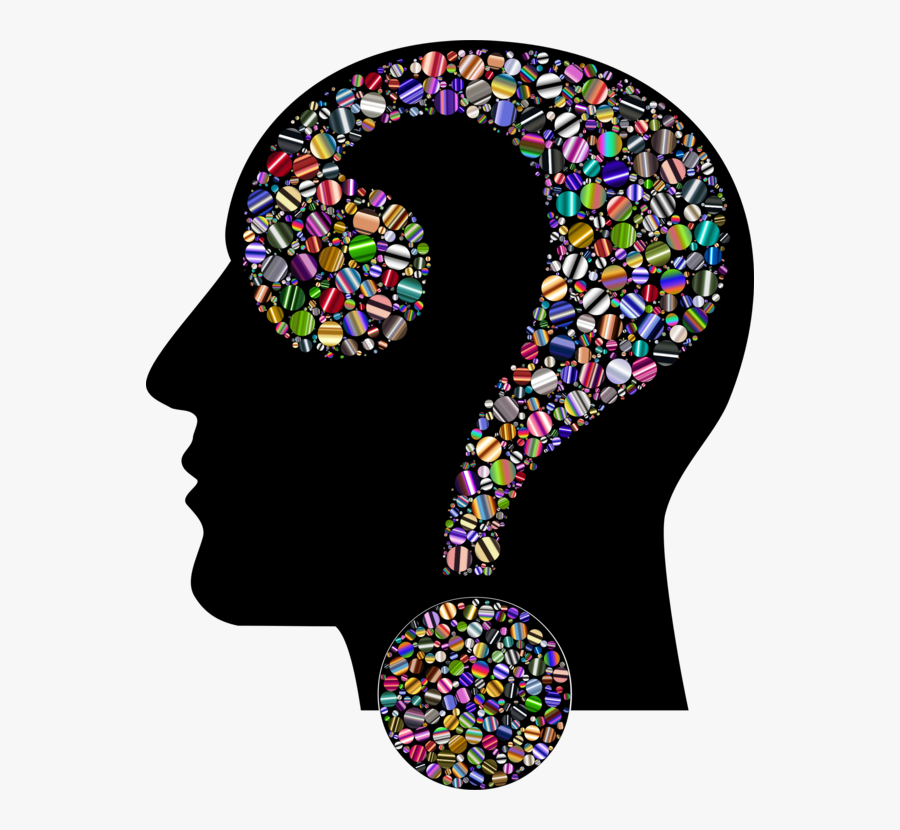Psych Treatment: A Comprehensive Guide to Outcomes and techniques

Cognitive-Behavioral Therapy
Cognitive-Behavioral Treatment (CBT) is a commonly made use of psychotherapeutic technique that focuses on determining and modifying inefficient reasoning and behavior patterns. Established in the 1960s by Aaron T. Beck, CBT incorporates cognitive and behavioral concepts to deal with numerous mental health and wellness concerns, including anxiety, anxiousness, and stress-related disorders.
Strategies such as cognitive restructuring, direct exposure therapy, and skill-building exercises are commonly employed. Cognitive restructuring entails tough and changing unfavorable thought patterns, while exposure treatment aims to decrease fear and anxiety via steady direct exposure to feared situations or objects.
Evidence-based research study supports the efficiency of CBT for a large range of mental problems - Best Psychologist in Delhi. Its emphasis on skill acquisition and self-help techniques encourages clients to proceed development separately after treatment wraps up. The adaptability and performance of CBT have made it a keystone in modern psychotherapeutic practice
Psychodynamic Strategies
Rooted in the early concepts of Sigmund Freud, psychodynamic methods concentrate on checking out the unconscious mind and its influence on actions and emotions. These approaches aim to reveal covert thoughts and feelings that might be driving maladaptive behaviors and mental distress. Central to this strategy is the principle of inner problem, commonly stemming from unsolved past experiences, especially those from childhood years.
Therapists using psychodynamic strategies employ a number of vital techniques, consisting of free organization, where people are encouraged to talk openly to reveal unconscious material, and desire evaluation, which interprets the unrealized material of desires. In addition, the exploration of transference and countertransference characteristics within the healing relationship is important. These communications can provide insights into the individual's inner globe and relational patterns.
Psychodynamic therapy is usually longer-term contrasted to other methods, using a deep and comprehensive understanding of the person's mind. Research study shows that it can be specifically reliable for intricate psychological wellness concerns, such as individuality disorders and persistent clinical depression. By fostering self-awareness and emotional understanding, psychodynamic treatment looks for to bring subconscious material to consciousness, enabling individuals to achieve long lasting and meaningful change in their lives.
Humanistic Techniques
Structure on the structures laid by psychodynamic techniques, humanistic methods provide a distinct perspective focused on specific possible and self-actualization. Stemming in the mid-20th century, these strategies focus on the intrinsic goodness and growth possibility of individuals, stressing an alternative view of human experience. Trick figures such as Carl Rogers and Abraham Maslow have considerably influenced this healing approach, which encompasses techniques like client-centered treatment and Gestalt therapy.
Client-centered treatment, created by Rogers, plays an essential function in humanistic strategies. The therapist's duty is even more of a facilitator than an authority, motivating customers to harness their internal resources for recovery.
Gestalt therapy, an additional vital humanistic technique, stresses existing minute awareness and the assimilation of body and mind. By concentrating on the "present moment," clients get higher understanding into their current emotions and behaviors. Techniques such as role-playing and guided visualization are usually employed to aid clients acquire a deeper understanding of themselves, inevitably bring about boosted self-awareness and fulfillment.
Integrative Therapies
Integrative therapies stand for a synthesis of numerous healing strategies tailored to meet the unique needs of each client. This method Go Here recognizes the complexity of human psychology and the multifaceted nature of psychological health problems. By integrating elements from various colleges of psychotherapy-- such as cognitive-behavioral treatment (CBT), psychodynamic therapy, and humanistic approaches-- integrative therapies provide a more versatile and all natural treatment paradigm.
Experts of integrative therapy evaluate each customer's specific requirements, symptoms, and individual background to devise a customized treatment strategy. This customized method improves the possibility for healing success by attending to the source of emotional distress and promoting total health. Techniques might consist of mindfulness workouts, cognitive restructuring, and emotional processing, each picked to target different aspects of the customer's issues.
Additionally, integrative therapies emphasize the therapeutic connection, seeing the client-therapist bond as a crucial element of effective treatment. This relationship promotes a supportive environment where clients feel risk-free to check out and address their issues. The versatility of integrative treatments makes them suitable for a wide variety of conditions, including anxiousness, depression, injury, and interpersonal difficulties, thereby increasing their applicability and performance in diverse scientific settings.

Determining Therapy End Results
Assessing the effectiveness of psychiatric therapy is vital for both clients and clinicians to guarantee that the treatment is generating the preferred outcomes. To attain this, various techniques and tools are used to determine treatment outcomes systematically. Standardized evaluation instruments, such as the Beck Anxiety Supply (BDI) and the Generalized Stress And Anxiety Problem 7 (GAD-7), offer quantitative information on sign extent and changes over time.
Along with standard tools, qualitative methods like customer self-reports and professional interviews provide useful understandings right into the personal experiences and viewed development of customers. Frequently set up evaluations, commonly at the beginning, axis, and end of treatment, aid in tracking the trajectory of renovation or recognizing locations needing adjustment.
Outcome dimension is not limited to symptom decrease; it likewise includes practical improvements in day-to-day live, such as better social connections, enhanced job productivity, and boosted general health. Modern developments in digital health and wellness have presented mobile applications and on-line platforms that help with real-time monitoring and comments, better refining the assessment process.
Inevitably, a detailed technique to measuring treatment outcomes ensures that restorative interventions are effective, efficient, and tailored to fulfill the specific needs of customers, consequently optimizing the total restorative experience.
Conclusion
Humanistic techniques focus on individual growth and self-actualization, while integrative treatments integrate several techniques for why not look here tailored treatment plans. Examining therapy end results with qualitative techniques and standard evaluations makes certain a comprehensive understanding of effectiveness, ultimately assisting clients towards see here now enduring mental wellness renovations.
From the organized approach of Cognitive-Behavioral Therapy (CBT) to the deep exploration of the subconscious in psychodynamic treatment, each approach brings one-of-a-kind advantages. Its emphasis on skill acquisition and self-help techniques empowers clients to proceed progress independently after treatment concludes (Best Psychologist in Delhi). Secret figures such as Carl Rogers and Abraham Maslow have significantly influenced this therapeutic approach, which includes approaches like client-centered treatment and Gestalt treatment

 Danny Tamberelli Then & Now!
Danny Tamberelli Then & Now! Jaleel White Then & Now!
Jaleel White Then & Now! Andrew Keegan Then & Now!
Andrew Keegan Then & Now! James Van Der Beek Then & Now!
James Van Der Beek Then & Now! Ryan Phillippe Then & Now!
Ryan Phillippe Then & Now!